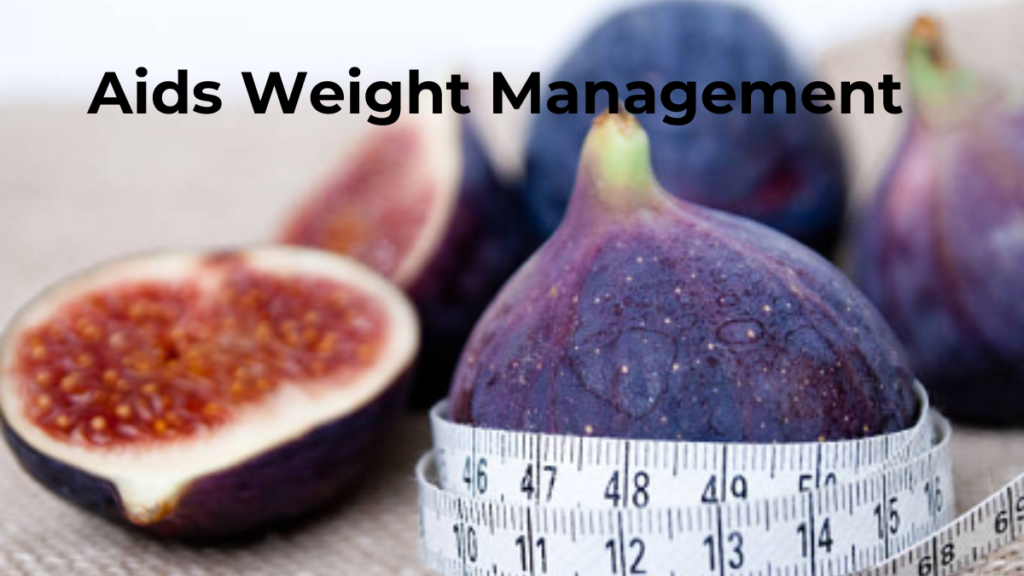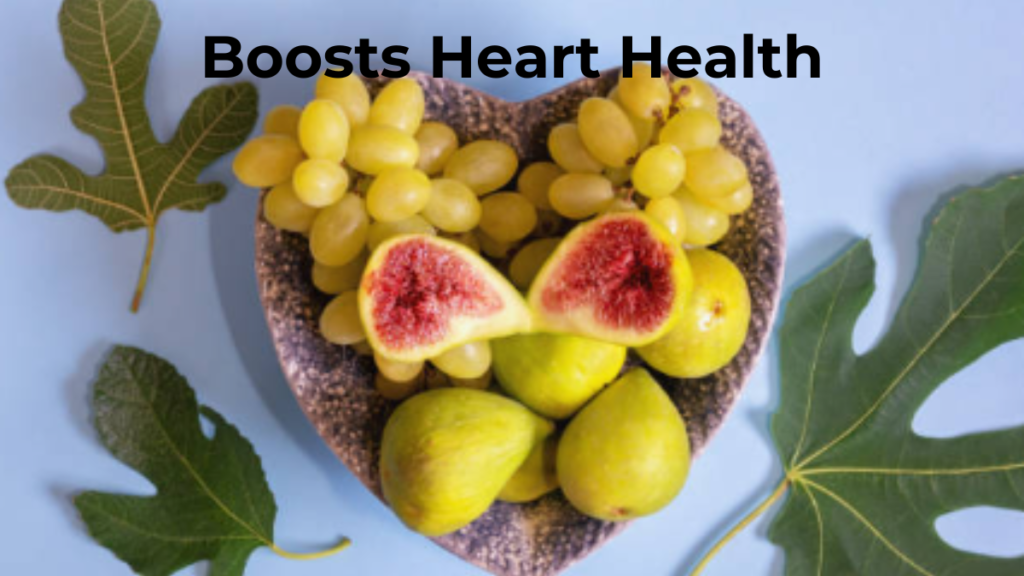Dried figs, also known as “anjeer,” are a powerhouse of nutrients and offer numerous health benefits. With their rich flavor and chewy texture, they can be a delightful addition to your diet. This blog will explore the many advantages of incorporating dried figs into your routine, their nutritional profile, and how to enjoy them in various recipes. By the end of this article, you will understand why dried figs should be a staple in your pantry.
Nutritional Profile of Dried Figs
Before delving into the benefits, let’s first examine what makes dried figs so nutritious.
- Calories: About 249 calories per 100 grams
- Carbohydrates: 64 grams
- Dietary Fiber: 9.8 grams
- Protein: 3.3 grams
- Fat: 0.9 grams
- Vitamins: Rich in Vitamin A, Vitamin B6, and Vitamin K
- Minerals: Excellent source of potassium, magnesium, calcium, iron, and copper
1. Rich In Antioxidants

Antioxidants included in dried figs aid in the body’s fight against free radicals. These antioxidants can reduce oxidative stress, lowering the risk of chronic diseases such as cancer and heart disease. The phenolic compounds in figs contribute to their high antioxidant properties.
2. Promotes Digestive Health

One of the standout benefits of dried figs is their high fiber content. Fiber facilitates regular bowel movements and keeps constipation at bay, which helps with digestion. The natural enzymes in figs can also help break down food, making digestion easier.
3. Supports Bone Health

Dried figs are a great source of calcium and magnesium, both essential for maintaining strong bones. Including figs in your diet can help prevent osteoporosis and support overall skeletal health.
4. Aids Weight Management

Despite being calorie-dense, dried figs can aid in weight management due to their high fiber content. Fiber prolongs feelings of fullness, which lowers total caloric consumption. Including a small serving of dried figs in your snacks can satisfy your sweet cravings without leading to excessive calorie consumption.
5. Natural Energy Booster

Dried figs are rich in natural sugars, providing a quick energy boost. This makes them an excellent pre-workout snack or a healthy way to refuel during the day. The combination of carbohydrates and fiber in figs helps sustain energy levels.
6. Helps Regulate Blood Sugar Levels

It may surprise you to learn that dried figs can help control blood sugar. Their high fiber content slows down the absorption of sugar in the bloodstream, making them suitable for people with diabetes. However, because of their sugar level, moderation is essential.
7. Boosts Heart Health

Dried figs can improve heart health by lowering cholesterol levels. The soluble fiber in figs binds to cholesterol in the digestive system, preventing its absorption. Additionally, the potassium content helps regulate blood pressure, further benefiting cardiovascular health.
8. Improves Skin Health

The antioxidants in dried figs also contribute to healthy skin. They can help prevent premature aging, reduce the appearance of scars, and promote a glowing complexion. The natural sugars in figs also provide hydration, making them a great ingredient in skincare.
9. Supports Immune Function

Rich in vitamins and minerals, dried figs can help support your immune system. The Vitamin C in figs enhances immune response, while other nutrients help keep the body functioning optimally.
10. Versatile Culinary Uses

Dried figs are not only nutritious but also incredibly versatile. Here are some ideas on how to include them in your diet:
Snack Ideas:
- Enjoy them raw as a quick snack.
- Combine them with nuts for a healthy trail mix.
Salads:
- For a delicious touch, cut dried figs and add them to salads.
Baking:
- Incorporate them into muffins, breads, and cookies.
Sauces:
- Blend dried figs into sauces or smoothies for added sweetness.
Conclusion
Dried figs are a delicious and nutritious addition to any diet. With their numerous health benefits, including improved digestion, heart health, and skin vitality, they are a natural remedy for many common ailments. Incorporate dried figs into your meals and snacks to enjoy their incredible advantages and enhance your overall wellness.
FAQs
Question1. How many dried figs should I eat daily?
Question2. Are dried figs suitable for diabetics?
Question3. Can I eat dried figs if I have a nut allergy?
Question4. How should I store dried figs?
Question5. Can dried figs help with constipation?
This blog provides a comprehensive overview of dried figs, their health benefits, and ways to incorporate them into your diet. Please ask if you require any further details or modifications!

